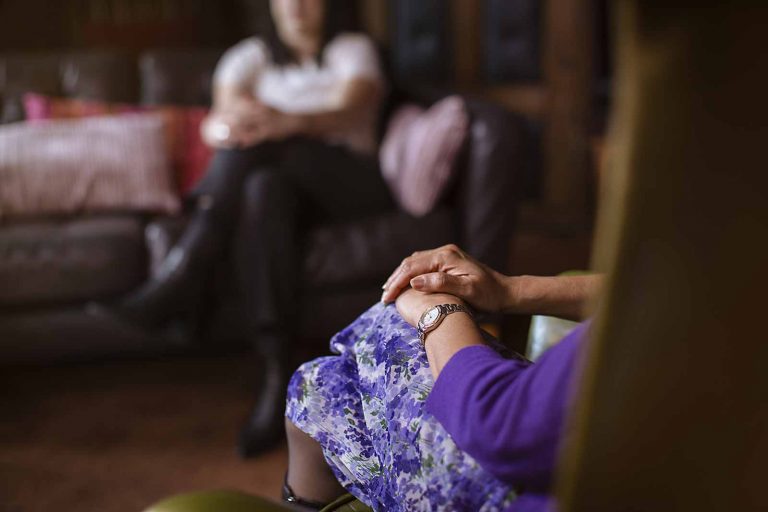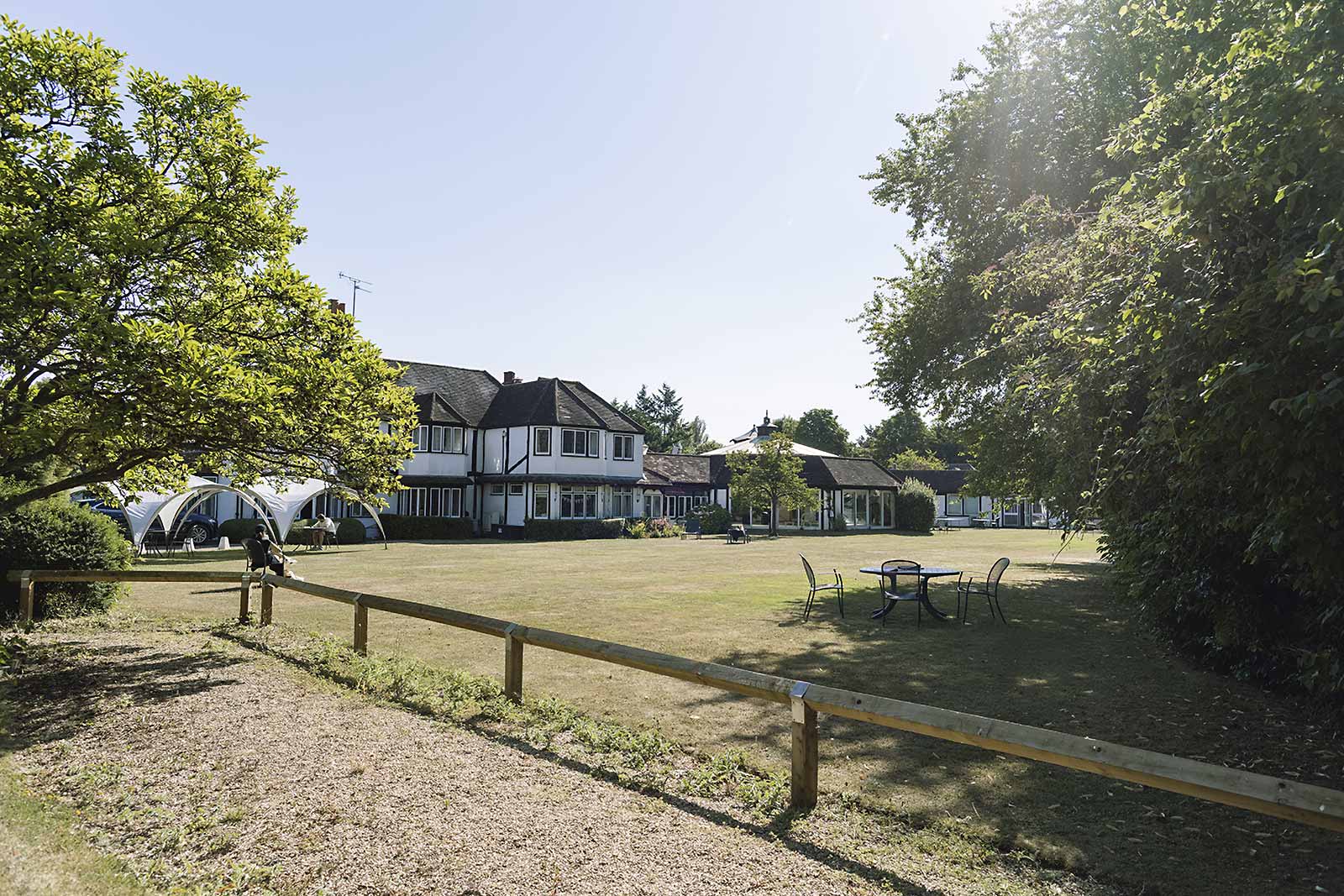Phobias
What is a phobia?
A phobia is an excessive or unreasonable fear of something. This can be something tangible such as the fear of spiders, to an intangible fear of situations such as a crowded place.
Phobias often start in childhood for no apparent reason and sometimes they emerge after a traumatic event. Other people find in adult life they have become phobic for no reason.
A person with a phobia either tries to avoid the thing that triggers the fear or endures it and feels great anxiety and stress.
Avoiding the “thing” they are phobic about can be easier for some people and harder for others and this depends on the phobia. Someone who has a phobia of snakes is less likely to see a snake than someone who has a phobia of birds. But whatever phobia you have, they can all be extremely upsetting and make life more difficult.
When someone with a phobia encounters the “thing” they have a phobia about, they will have symptoms similar to those of anxiety and panic attacks. They will also experience psychological/emotional symptoms.
Symptoms of phobias
- Racing heart beat
- Shortness of breath
- Excessive sweating
- Chest pains
- Shaking
- Feeling Embarrased
- Fear of passing out
- Fear of losing control
Causes of phobias
There isn’t a particular cause for phobias but there are some factor that might play a role. Genetic and environmental factors can cause phobias. People who have a predisposition to anxiety may be at a higher risk of developing phobias. Age and gender are associated with certain types of phobia. For example, women are more likely to have animal phobias while men make up the majority of those with a phobia of the doctor or dentist.
You should seek help if:
- Phobias interfere with your daily life and hinders your ability to lead your life the way you want to
- Experience a lot of distress or anxiety
- Forced to avoid situations that you should not be avoiding
- Suffer from excessive blushing, shaking, sweating in social situations or feel that it is affecting your social skills
Treatments for phobias
Treatments for phobias can include therapeutic techniques, medication or a combination of both.
Cardinal Clinic has successfully treated many patients who have experienced phobias, Cognitive Behavioural Treatment (CBT) and/or Eye Movement Desensitisation and Reprocessing (EMDR) are often the preferred therapy. CBT can involve exposure to the fear in a controlled setting. This can decondition people and reduce anxiety. CBT focuses on identifying and challenging negative thoughts and beliefs to change the reaction to the phobia.
EMDR treatment is an effective way to treat phobias. It treats the events that have led to the phobia and works through the memories that cause distress. This leads to the realisation that the phobic stimulus is not as risky as you once thought it was.




Medication for phobias
Antidepressant medication and anxiety medication can help calm the emotional and physical reactions to fear.
Therapy approach for phobias
A therapist will work with you as talking therapies are effective for the treatment of phobias e.g. CBT and/or EMDR to address the problem. Practicing Mindfulness, paying attention to the present moment and your thoughts and feelings, is also a successful tool to treat phobias.
Outcomes
Most phobias can be treated successfully, the amount of time it takes will vary from person to person.
We're here to help you
Call Cardinal Clinic on 01753 910729
Or refer yourself for care, make an enquiry
or arrange a free nurse consultation via our
help hub.
A calm environment dedicated to your care
Rated ‘Outstanding’ for care and overall ‘Good’ by the Care Quality Commission, Cardinal Clinic works tirelessly to offer an elevated patient experience from exquisite and fresh chef-prepared meals, to comfortable and relaxing accommodations. Situated in a private estate in the heart of Windsor’s green belt, residential in-patient care, day care and out-patient services are offered.


